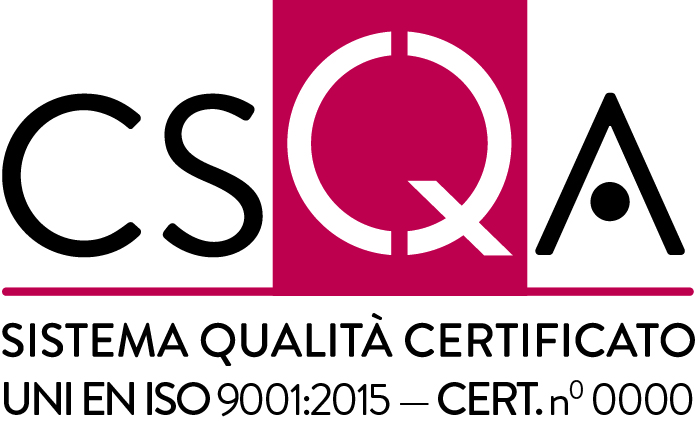Educational Plan

Our Mission
With our Halls of Residence, we aim to promote hospitality and educational guidance to university students off campus. It is our wish that the life experience in the Hall of Residence, while respecting different personal sensibilities and backgrounds, becomes a source of human and Christian maturity, cultural and civic learning and greater responsibility. Our Educational Plan follows the guidelines of our work in the Halls of Residence for students, educators (directors, spiritual advisers and tutors) and workers, each to the extent of their skills and duties.
Personal responsibility
Through the experience of living in a Hall of Residence, we want to create a community based on a culture of personal responsibility that is capable of shaping free will informed by awareness and respect for everyone’s diverse individuality. This is why we believe it is essential to follow the rules, voluntarily accept and assume limits and mutual obligations and take personal and collective responsibility for the common good.
The vitality of relationships
The Hall of Residence is meant to be an environment that fosters meaningful, subjective experiences in the creation of authentic bonds through gathering and dialogue, listening and discussion. Through real relationships, the students learn to find a common meeting ground with others. This is why we see the Hall of Residence as a fruitful opportunity to forge new bonds of friendship and ideas. Living in the Hall of Residence means living in a shared space and time, in which students learn to build a network of authentic relationships that help them discover a sense of community.
Worship
From an evangelical perspective, the relationship that guides us in our search for the meaning of life and knowledge of the mystery of existence is our relationship with Jesus of Nazareth, the true meeting ground with God.

Cultural dynamism
We see the university hall of residence as a culturally vibrant and stimulating environment that helps students become active players in the acquisition of knowledge. Cultural dynamism is based on the yearning for knowledge. A yearning for knowledge springs forth from personal initiative, curiosity, reflection, originality and independent decision-making. A culturally dynamic environment stimulates students and drives their dedication and commitment to their studies, while also fuelling their determination and will to complete their programme of study.
Spiritual exploration
It is our conviction that spirituality brings meaning and substance to one’s life, and that it is deeply personal. Through gatherings and individual and group discussion, we help develop this awareness and the understanding that cultivating our spirituality completes us as human beings.

Our method
We believe that we achieve the aims inherent to the approach of our Hall of Residence:
- by fostering mutual encouragement and genuine support for study;
- by cultivating opportunities for dialogue and individual and group discussion;
- by demanding compliance with the rules of the Hall of Residence, good communication practices, cooperation and mutual integrity;
- by inviting students to assume responsibility and duties for the common good, so they progressively become proactive, critical and reliable actors in the life of the Hall of Residence;
- by offering opportunities for discussion and debate with cultural, political, social, artistic and scientific figures;
- by checking in on students and asking them to perform self-assessments during interviews and in discussion with management as part of the guidance we offer, which may include reprimands;
- by recommending free and peaceful dialogue with their Spiritual Adviser.
Tools
To implement this Plan, each of the Foundation’s Halls of Residence uses the concrete tools that best express its identity.



